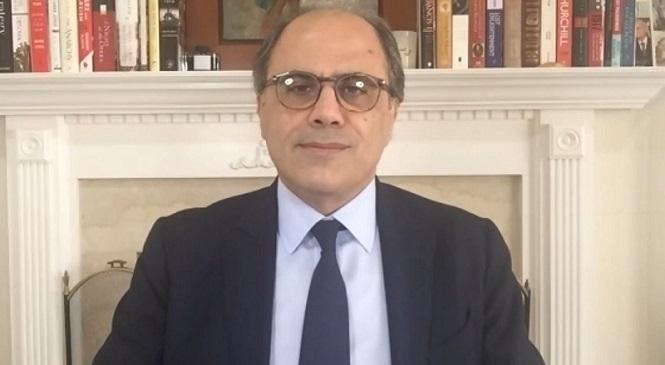
Saudi reforms lure foreign investments to new sectors: IMF
Jihad Azour, Director of Middle East and Central Asia Department, the International Monetary Fund (IMF), said Saudi Arabia's reforms and investment projects help attract foreign capital to new sectors, such as entertainment and technology, in addition to the traditionally lucrative oil sector.
He added that the Kingdom's shift in priorities toward technology, artificial intelligence, and climate sectors opens doors for increased foreign direct investments (FDIs), Asharq News reported.
The reforms include improvement in the investment environment, which boosted the private sector's contribution to the Kingdom’s economic growth, Azour said.
He noted that the positive impact of such reforms is also evident in the significant decline in unemployment, particularly among youth. This is in addition to the rising participation of women in the economy. The reforms also enhanced the growth of the non-oil sector amid fluctuations in oil prices and the extension of the OPEC+ agreement.
According to Argaam's data, the IMF cut its growth forecast for Saudi Arabia's economy to 1.5% for the current year, compared to its previous forecast of 1.7% in July 2023. The Kingdom's economy is also projected to grow by 4.6% in 2025.



























